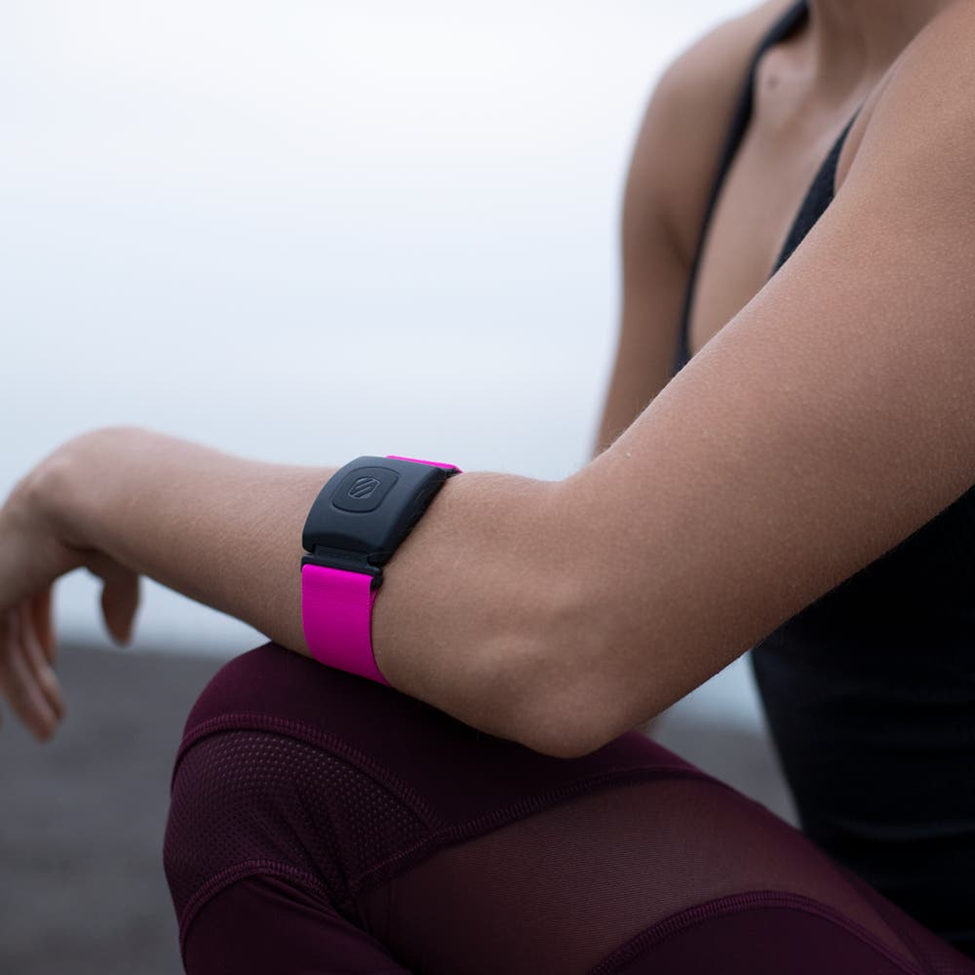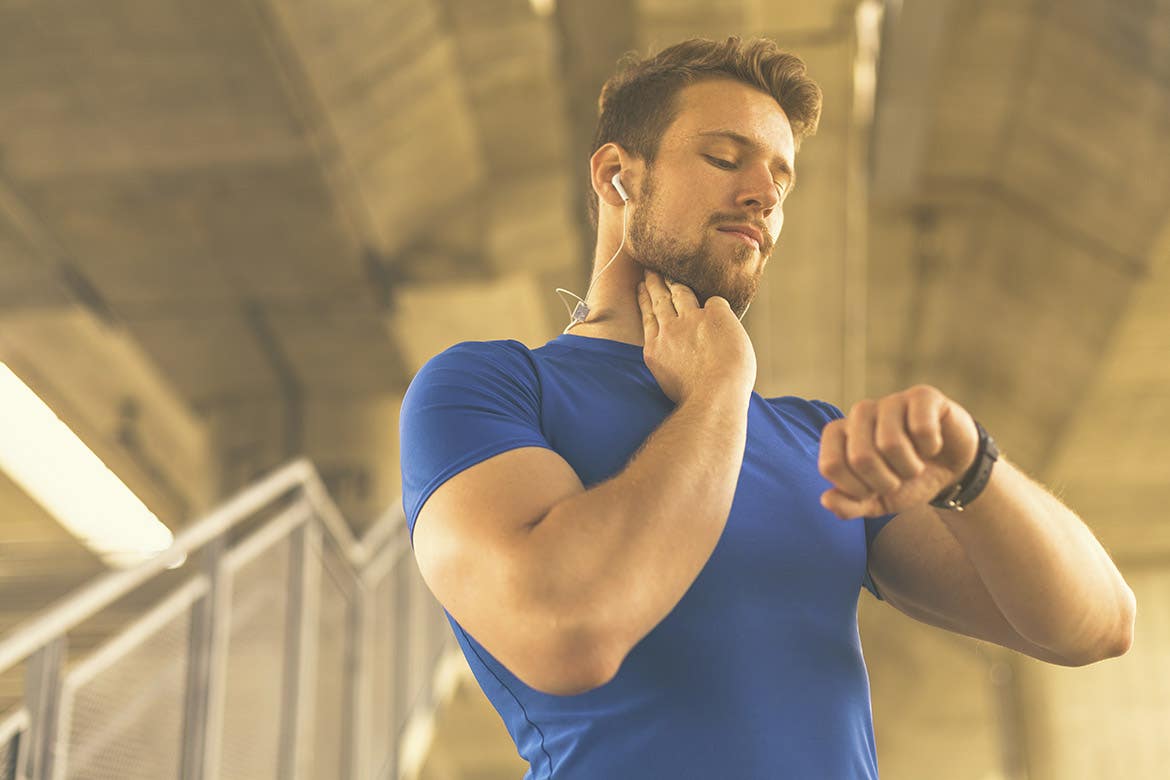How Often Should You Check Your Heart Rate?

How often should you check your heart rate? For those who have decided to purchase a heart rate monitor, this is a common question.
Today, heart rate monitors are easily accessible and allow the average person to measure their heart rate throughout the day or a workout session.
While knowing how to check your heart rate at home is great, it is also important to know this should be done.
When addressing “How often should you check your heart rate,” it is important to understand there are some variables at play impacting the answer.
How Often Should You Check Your Heart Rate?
Using a heart rate monitor can be beneficial while working out, as it will let you know if your exercise is intense enough to receive the intended benefits. Using a heart rate monitor, you can establish if you are reaching your target heart rate, which is roughly 60 to 80 percent of your maximum heart rate.


Therefore, when exercising, it is wise to check your heart rate every five to ten minutes to ensure that you are pushing hard enough but not too hard. Additionally, you will also want to keep an eye on it when you decide to increase a workout’s intensity.
Assuming you are healthy, keeping track of your heart rate when you are not exercising is not as critical. However, it can provide interesting information.
For instance, purchasing a wearable heart rate monitor and using it regularly will allow you to get a gauge on your body’s stress levels at specific points in the day. Doing this, you might notice that your heart rate will be lower in the morning but jump up when it is time to head out to work. This could provide you with a subtle reminder to be more present and breathe.
If you’re more into swimming or other water activities, you can even find waterproof heart rate monitors that work the same way and can be submerged for extended periods.
Outside of this type of circumstance, there are some additional situations where measuring your heart rate can be beneficial, including:
Starting a New Exercise Program
If you’ve started a new exercise program, it is wise to track your progress via heart rate, as a decrease in your resting heart rate is indicative of improving fitness levels.


Therefore, you may want to check your heart rate one to two times a day. However, be aware that it will take about four to six weeks before you begin to see measurable results.
Monitoring Heart Problems
Those with heart problems should certainly measure their heart rate regularly. This is particularly important if you are experiencing symptoms such as lightheadedness, as your heart rate can help to inform you if the symptom is being caused by your heart.
However, as far as how often to check your heart rate, it is best to consult with a doctor and establish a concrete regimen.
Employing New Stress Management Techniques
Outside of exercising, there are other ways to lower your heart rate, including numerous stress management techniques such as box breathing, meditation, progressive muscle relaxation and a multitude of other tactics.
If you are using one of these strategies to manage stress, you check your heart rate every five to ten minutes, as you would during exercise. Additionally, it could also be beneficial to track your long-term progress by checking your heart rate two to three times a day over the course of several months.
Keeping an Eye on Your Heart Rate
So, how often should you check your heart rate? The answer depends on your circumstances and the goals you aim to achieve. However, it is important to realize that, outside of genuine medical conditions, monitoring your heart rate is only one way to guide your overall health.
In addition to this, you should focus on eating well, exercising regularly, getting restful sleep and managing stress effectively. If you would like to see the health impacts of these implementations, check out Scosche’s health armbands and accessories to monitor and track your fitness and heart health.